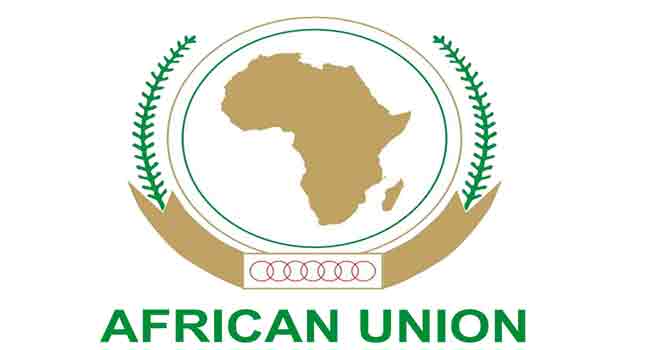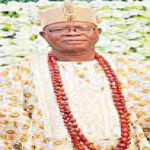
President Bola Tinubu, on Saturday, in Nairobi, Kenya, called on African leaders to respect democracy, the rule of law and ensure political stability.
In his statement at a high-level event organised by the United Nations Development Programme on the margins of the Fifth Mid-Year African Union Coordination Meeting, the President urged African military institutions and states to recognize and respect the need for democratic renewal.
This was disclosed by the President’s Special Adviser on Special Duties, Communications and Strategy, Dele Alake, on Saturday; a copy of which was sent to Sunday PUNCH.
Tinubu, who recently emerged as the Chairperson of the Economic Community of West African States, Authority of Heads of State and Government, said coups d’état should be discouraged in the continent, especially in the face of challenges like the COVID-19 pandemic, insecurity and climate change.
The President, in his statement, presented by the Permanent Secretary in the Ministry of Foreign Affairs, Ambassador Adamu Lamuwa, said it was regrettable that West Africa, despite its numerous instruments and mechanisms for promoting democracy and good governance, was leading other regions in the use of unconstitutional means to change governments.
He warned that the ugly trend of the military straying into the political arena was causing threats to peace, security and stability, and engendering poverty, displacement, and humanitarian crises.
‘’This ugly trend has only succeeded in threatening the peace, security and stability of the sub-region and by extension, the African continent, leaving in its trail poverty, internally-displaced persons and humanitarian crises. In the same vein, this ugly trend has also led to food shortages and escalated health challenges.
‘’We therefore must take deliberate steps to address the root causes of unconstitutional changes and coups d’état in Africa. As a continent, we cannot make progress toward achieving the goals and targets of the UN Agenda 2030 for sustainable development, as well as those of AU Agenda 2063 for the “Africa We Want”.
‘’Between 2020 and now, Africa has witnessed six successful coups d’état and three unsuccessful attempts. This rise in military takeovers and unconstitutional changes in government disrupts our democratic processes and undermine stability on the continent,” he said.
In a related development, Nigeria has fulfilled its financial obligations to the African Union by making full payment of its assessed contributions for the year 2023, Sunday PUNCH has learnt.
The confirmation was made on Saturday by Lamuwa, on the sidelines of the 43rd Ordinary Session of the Executive Council of the African Union in Nairobi, Kenya, as contained in a statement by the State House Director of Information. Abiodun Oladunjoye.
Nigeria is known to be one of the major financial contributors to the AU, alongside four other member-states.
The AU’s 2023 budget, which is pegged at $654.8 m, is primarily financed through annual statutory contributions and voluntary contributions from development partners, as well as other miscellaneous income.
Development partners play a crucial role in supporting the AU’s budget, covering at least 67 per cent of the total amount while member-states, including Nigeria, contribute to the remaining balance of the budget based on the approved scale of assessment by the Executive Council.
Although Lamuwa did not specify the amount, sources in the AU, who spoke to Sunday PUNCH, put the figure at $19.5m.
The permanent secretary explained that the payment demonstrated Nigeria’s commitment to its responsibilities as an AU member-state.
He praised President Bola Tinubu for “living up to expectations not only as the Chairperson of ECOWAS but also as a President who emphasises prompt payment of financial assessments.”
During the Executive Council meeting, the Permanent Secretary shared Nigeria’s stance on the proposed 2024 Budget of the AU.
He welcomed the consideration of the economic outlook of African countries and the execution rate of AU departments and organs, over the past three years, in the budget drafting process.





